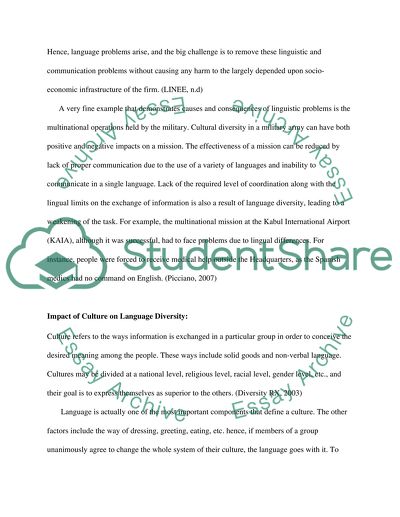Cite this document
(“Importance of Language Diversity on Multinational Organisations Term Paper”, n.d.)
Importance of Language Diversity on Multinational Organisations Term Paper. Retrieved from https://studentshare.org/social-science/1511302-language-diversity-in-multinational-organisations
Importance of Language Diversity on Multinational Organisations Term Paper. Retrieved from https://studentshare.org/social-science/1511302-language-diversity-in-multinational-organisations
(Importance of Language Diversity on Multinational Organisations Term Paper)
Importance of Language Diversity on Multinational Organisations Term Paper. https://studentshare.org/social-science/1511302-language-diversity-in-multinational-organisations.
Importance of Language Diversity on Multinational Organisations Term Paper. https://studentshare.org/social-science/1511302-language-diversity-in-multinational-organisations.
“Importance of Language Diversity on Multinational Organisations Term Paper”, n.d. https://studentshare.org/social-science/1511302-language-diversity-in-multinational-organisations.


